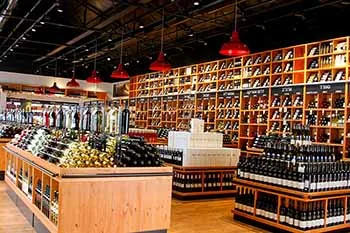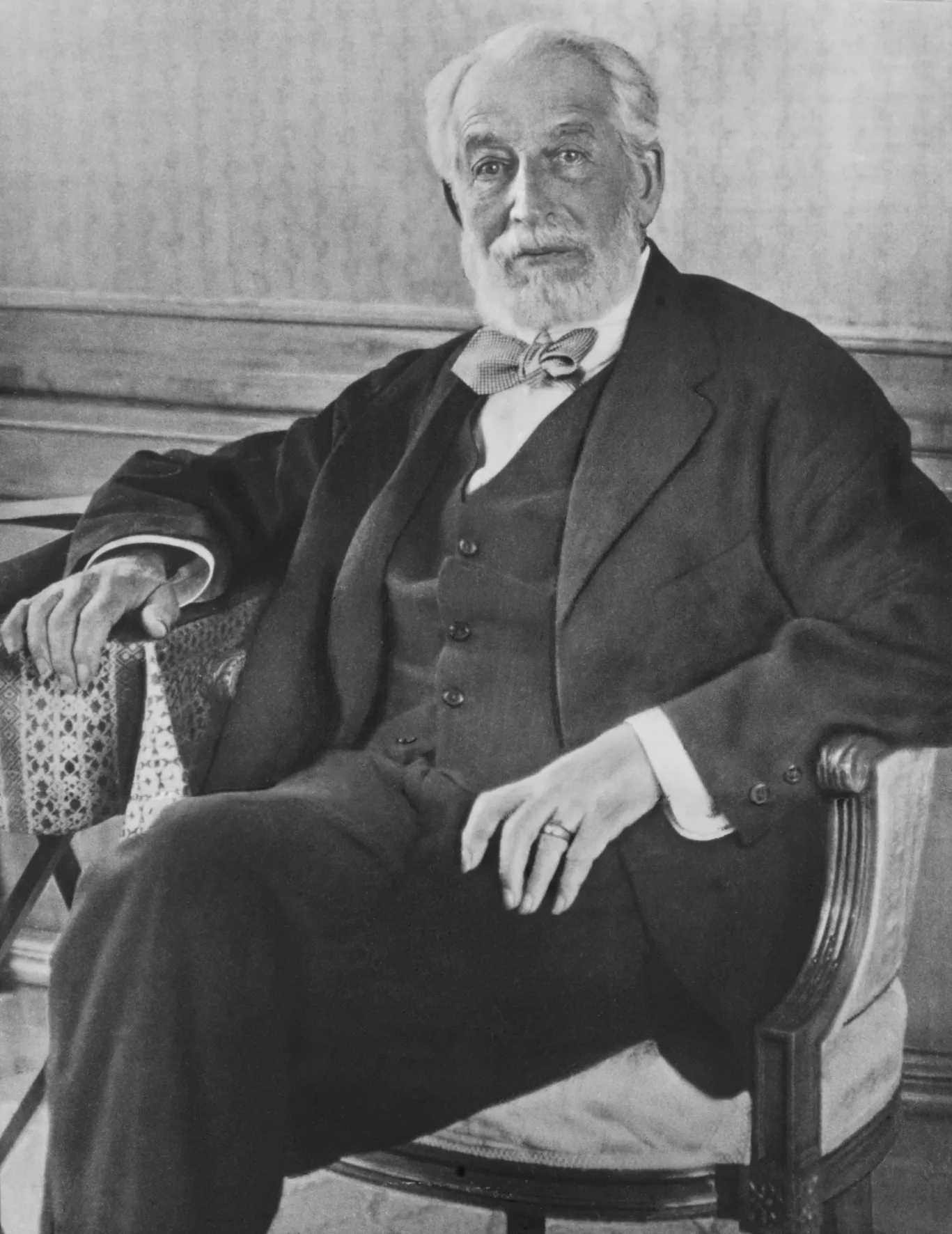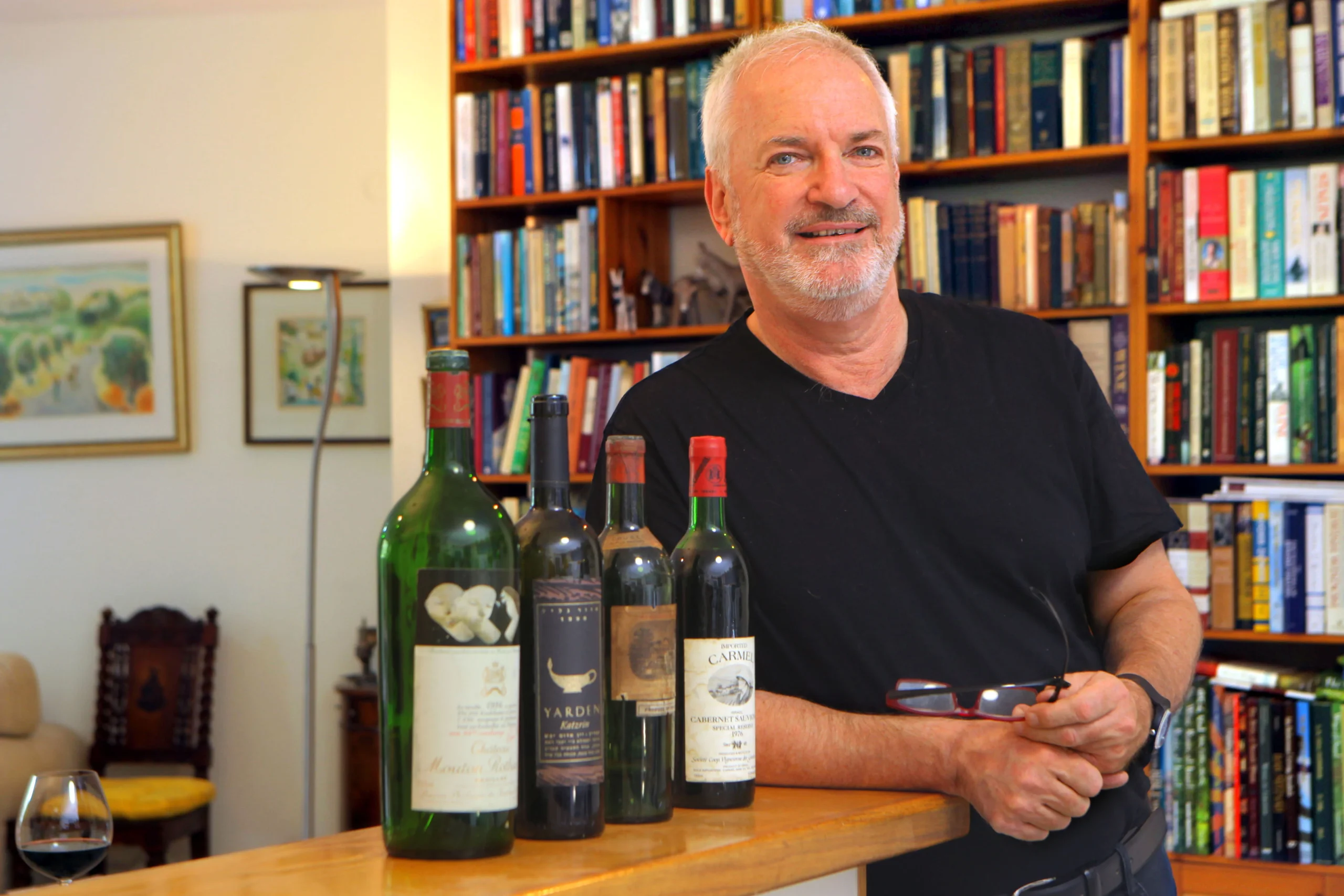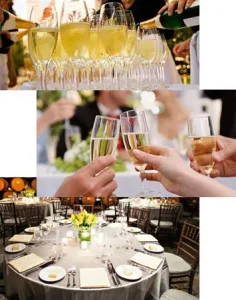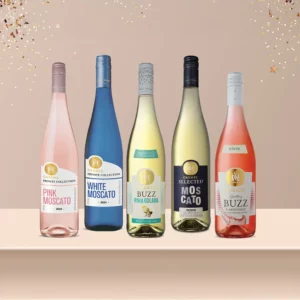Mention the price of Israeli wines and there will surely be an argument between consumers who are tired that consumer goods always seem so expensive in Israel, compared to elsewhere, and wineries that do the best they can. Anyone visiting the world’s largest wine producing countries, will be struck at how inexpensive the wines are in the local tavern or bar. The argument that “Israeli wines are so expensive” is regularly made. The question is whether it is true.
Israel is very insignificant in the wine production stakes. There are more than 35 countries in the world that make more wine than Israel. Try and count as many wine producing countries as you can. It is not easy to get to 35! There is a vineyard in Monterey, California that harvests more than the whole of Israel does. The so called boutique winery of Gallo, the world’s largest winery, also produces more than the whole of Israel. At the international wine exhibitions, Lebanon and Turkey usually have larger stands and more wineries attending than we do. So our international presence is fairly small too.
Wine is already an expensive business. If you make an oak aged red wine, after going to the expense of planting a vineyard and building a winery, it could be seven years before you receive money for the first bottle sold. Add to that, costs of kashrut, water and manpower. Making wine here is a lot more to do with idealism or being a rich man’s hobby, than a sound financial investment. Certainly it is more profitable to sell coca cola or bottled water! The joke goes: How do you make a fortune running a winery? The answer is, you have to start with a small fortune. Here we don’t have the volume, economies of scale, government support or finance to compete with other countries like Australia, South Africa, Argentina or Chile, and we are considered a small wine producer when measured against New Zealand. Even tiny Cyprus produces more wine than we do.
At the cheapest level, there is a problem. We just can’t compete even with the best will in the world. Over production in France, Spain and Italy ensures that there you will always drink cheap in the local café, or bar, because the wine for the working man is often less expensive than the water. However it is an unequal playing field, and I am not sure Israeli wine is totally to blame.
However look at the supermarkets here, and you will have seen prices as low as they have ever been. Mount Hermon Red, Segal Red and the Cabernet Sauvignon and Merlot of both Barkan Classic and Carmel Selected Selected, are the six biggest selling wines in Israel. Every Passover and Rosh Hashanah, there is a discounting race. The resulting prices of these wines is not high, but do you know, at 20 shekels a bottles, these are all good wines and no-one can complain of the high prices.
The problem is that everyone talks only about the medal winning wines. Journalists only write about the better wines. Wineries only show their better wines at tastings and yet millions of these six wines are being purchased…..and no-one is boasting ‘guess what I tasted last Shabbat..’ followed by the name of one of them. However the answer is that many people buy wine to drink and not just to talk about. The wine intelligentsia like to talk and show off, but ordinary people buy wine to drink and think it is no big deal.
Some people say to me rather proudly “I don’t drink XXX” (you can enter the word Selected, Classic or Hermon.) I think it is a pity not to recognize these as the good wines they are. Even the so called expert drinks do not drink Château Lafte …..or Castel Grand Vin every night. But if I am unable to persuade you and these wines are not for you, certainly do not be closed to the three for 100 shekels category that includes some of the best value buys in Israel.
As regards the more expensive wines are concerned, I will surprise you. In the annual Wine Spectator magazine study of the prices of wines achieving 90 points or more, Israeli wines fall well into the average. Not cheaper but certainly not more expensive. By this comparison Israeli wines that receive awards, high scores and the respect of critics are not overly expensive.
Israeli wines can appear expensive in export markets. Obviously we have a market in which 90 % of the sales are in Israel. So we are not an export orientated industry and the pricing structure is geared to the market here. However when the worm turns, and export becomes more important, then pricing abroad will gradually become more competitive. By comparison Chile for example, is far more geared to exports because they have no alternative.
In restaurants, wines are priced according to the pricing policy of accountants. Prices should be the cost price multiplied by three. That is acceptable. More is a chutzpa. Though the savvy restaurants will mark up on their house wines, or the wines they sell most of, by three times, but then take less on a sliding scale as the wine becomes more expensive. This produces a more attractive pricing structure, offering the customer the opportunity to buy up.
With regards to wine by the glass, the norm is to cover the bottle at cost with the first glass. So the mark up is even higher on one hand, but there is nothing I like more than choosing different glasses for everyone at the table, and then apologetically asking if I can try them all! Wine by the glass is a fun option that gives flexibility and variety, especially when the restaurant has a good wine by the glass program. This means an interesting choice and well-kept and preserved wines, once the bottle is open.
If you decide to bring your own bottle, you will probably be charged corkage. This is a fee for the use of the wine accessories and service. It can range from say 35 shekels to 75 shekels. If you also buy a bottle, the sensible restaurant will waive the corkage fee. The only think not done is to bring a bottle that is on the restaurant wine list. You do not have to be Enstein to understand this is often a worthwhile idea for the diner to consider. Better this than leaving the precious bottle you have kept for years at home, to save for the special occasion that never comes. If I do take my own bottle, it is usually a red wine, in which case I will buy a white by bottle or if not a few glasses too. If it is something special, I will always offer a taste to the sommelier or wine waiter as a matter of courtesy.
Don’t forget that some wines will be expensive for the sake of it. The winery that wants to make a statement that its wines are high quality may have an exaggerated price for its flagship wine. There are those that buy on price, but they are not looking for the bargain. They are usually from the ‘look at me’ nouveau riche strata of society. They will buy the most expensive wine or the fashionably prestigious label.
People have a funny attitude to price. A certain wine I was involved in was sold to two trendy new restaurants in Sarona situated side by side. (Jajo and Claro). One overpriced the wine considerably and the other sold it at a very generous, fair price. The overpriced wine was the big success and the better value wine did not move. What does that tell you about Israeli buying practices?
Usually wineries tend to price with what they can get away with. Actual quality and more important, perceived quality or image, plays a role here. If a winery succeeds in selling at a certain price, they will continue. If not, the price comes down. That is the economics of any trading market.
Sometimes rarity can affect price. A limited edition wine which is rare will cost more not necessarily because of its quality, but because it is strictly allocated. Just the same the restaurant that has a unique wine from an old vintage, may price it up automatically so it is not sold too quickly. The last bottle of Yarden Katzrin 2000 or Yatir Forest 2003 may be more value to the restaurateur on the list than if the rare bottle is bought and disappears, forever.
Of course I believe a winery, retailer and restaurant can charge what they want. By the same token, the customer can choose what to buy. That’s the deal.
My advice to you is never to pay more for a wine than you want to. If you don’t think the wine is worth the price, no-one says you have to buy it. If you know the shelf price of a wine, the restaurant price should be no more than double. If it is, look elsewhere. Note the wine on the best promotion is not always the best buy. If it is old inventory and a deteriorating wine, better to leave the bargain to someone else. Never forget the cost of packaging (bottle, cork, capsule, label) is relatively similar. So the difference between a wine of 20 shekels and 40 shekels in a shop or supermarket, is often the wine itself.
So is Israeli wine expensive? No doubt we can’t compete with the big players, but the situation is not as bad as the doomsayers would have us believe. Look around, buy within your means and you will not only be happy but the market will readjust to the message it receives from the consumer.
Adam Montefiore has been advancing Israeli wines for over 30 years and is known as ‘the ambassador of Israeli wine’ . He writes his regular ‘Wine Talk’ column for the Jerusalem Post. www.adammontefiore.com


